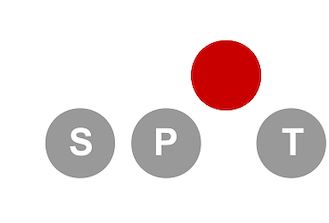Authors:
Lorenzo Gentile, Elisa Morales, Martin Zaefferer, Edmondo Minisci, Domenico Quagliarella, Thomas Bartz-Beielstein, Renato Tognaccini
Abstract
This paper addresses the problem of designing robust optimal High-Lift Devices (HLDs) under budget limitation including the choice of their configuration as a decision variable. This task needs the coupling of a high-fidelity model and a Machine Learning Assisted Optimisation (MLAO) algorithm. For the former, the SU2 flow solver has been employed. For the latter, a chain combining a Gaussian process model for performance prediction, Random Forest for classification, and the Structured-Chromosome Genetic Algorithm (SCGA) has been developed. To predict the performance of configurations defined by different numbers of variables, a kernel able to cope with inactive variables has been adopted in the Gaussian process model. The SCGA optimisation algorithm has been used to search for the optimal HLD. SCGA extends the possible range of application imposed by standard fixed-size continuous optimisation algorithms. Indeed, using hierarchical formulations, configurational decisions that are traditionally the responsibility of expert engineers can be encoded in the problem formulation. The presented research shows the practicability of delegating the complete robust design of HLD under a limited computational budget to a specialised optimisation algorithm.
More: https://link.springer.com/chapter/10.1007/978-3-030-80542-5_18

